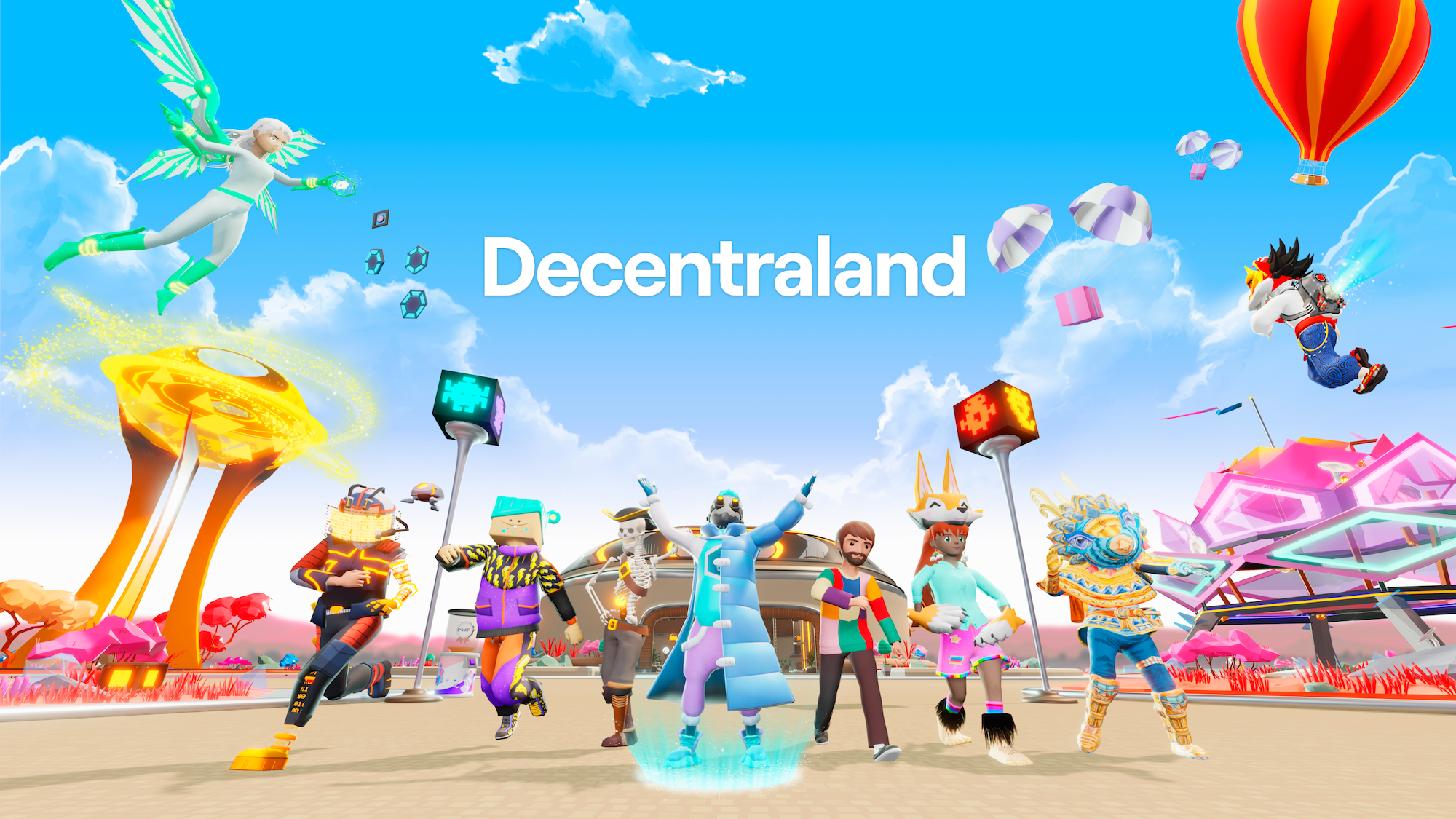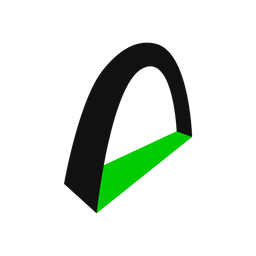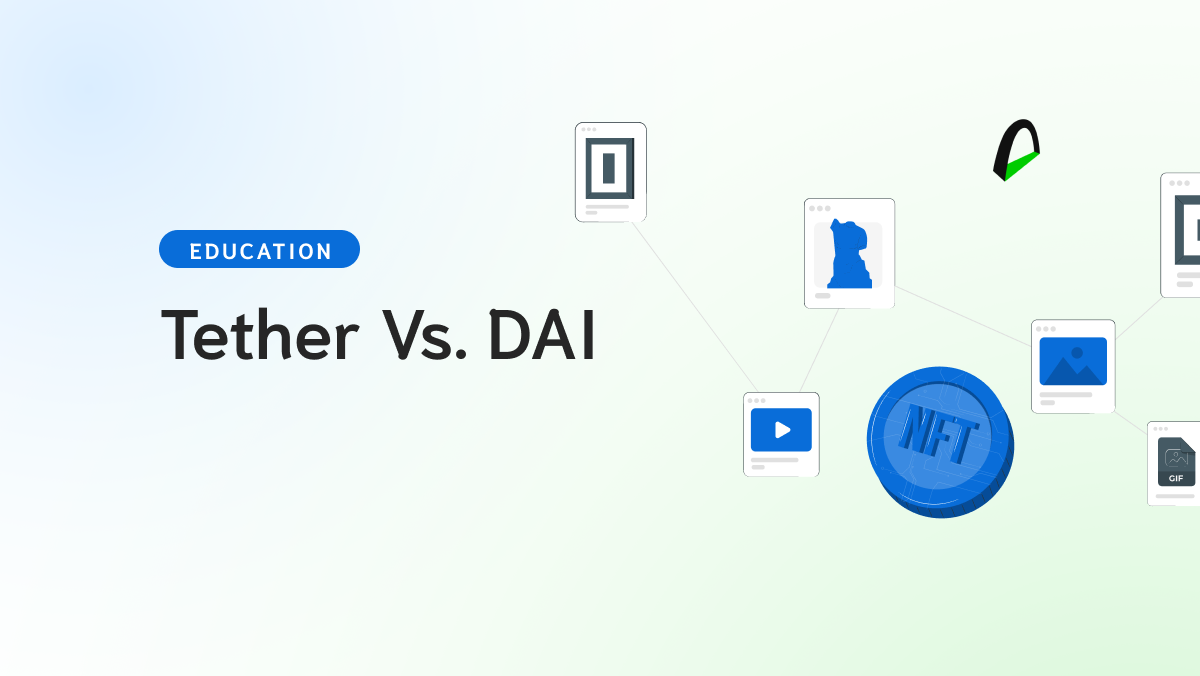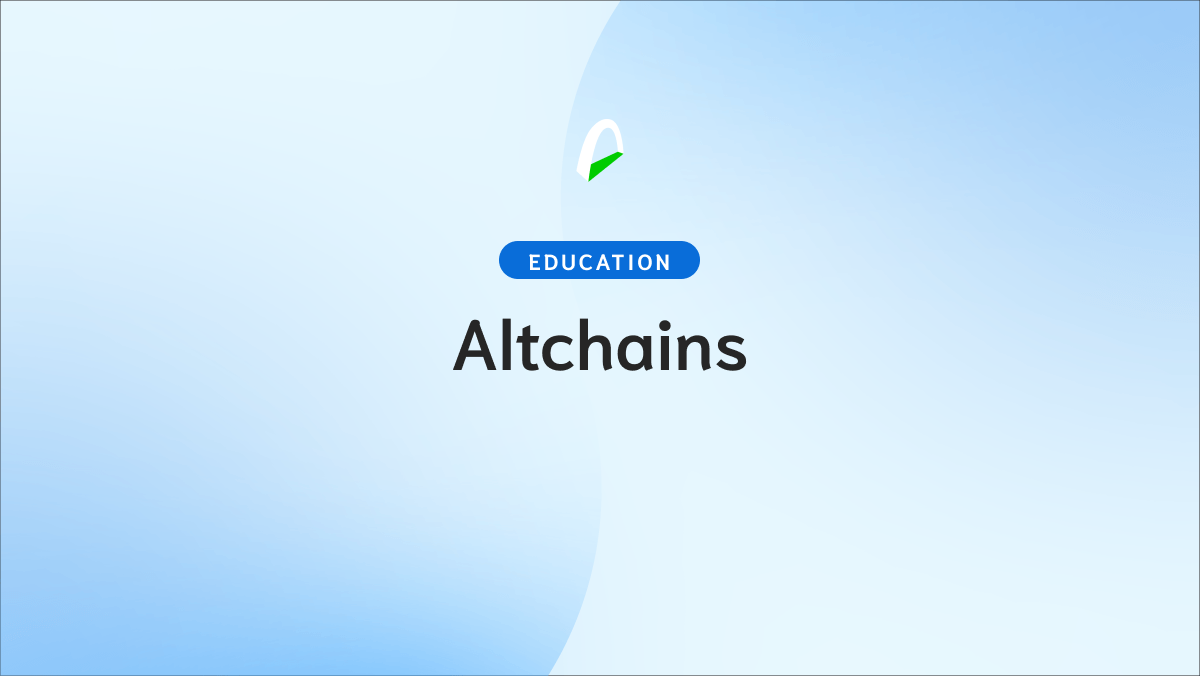We are all subjected to ads while browsing online. Imagine you could get paid to watch them. That's the proposal behind Brave Browser and the Basic Attention Token.
Digital advertising is everywhere. It's on Instagram, Facebook, websites, and pretty much any YouTube video you watch.
And while ads are standard and necessary for online publishers, startups, social networks, and content creators, they are also implemented at the expense of user experience who most of times don't want to interact with ads or feel they are invasive.
Users get tired of being constantly bombarded by ads that collect personal information. Most end up installing ad-blocking software to combat the sheer volume of ads they are exposed to.
The digital advertising industry is also dominated by two giants, Facebook and Google, and publishers depend on their rules and payment methods.
Finally, advertisers end up paying more, and fewer viewers appreciate their ads since they are still susceptible to add blockers, and users who simply ignore their ads.
And if you think of the industry as a whole is pretty much a situation where all parties involved lose.
Needless to say, the digital advertising landscape is broken, and Brave is looking to solve it.
Brave browser and BAT
Brave browser is a free and open-source browser looking to provide users with a faster and more private internet experience.
The Basic Attention token, known for its ticker BAT, is the native utility token used within the Brave ecosystem.
When using Brave, users opt-in to their advertising program. Basically, users can choose to be served ads or to omit them completely.
Those that pick the option to be served ads are shown privacy-preserving advertising, and their attention is rewarded with Basic Attention tokens (BAT).
Brave and its partners do not harvest personal data, and they don't track users. Users can also use their BAT tokens to reward their favorite publishers for creating great content, eliminating the barrier between content creators and content consumers.
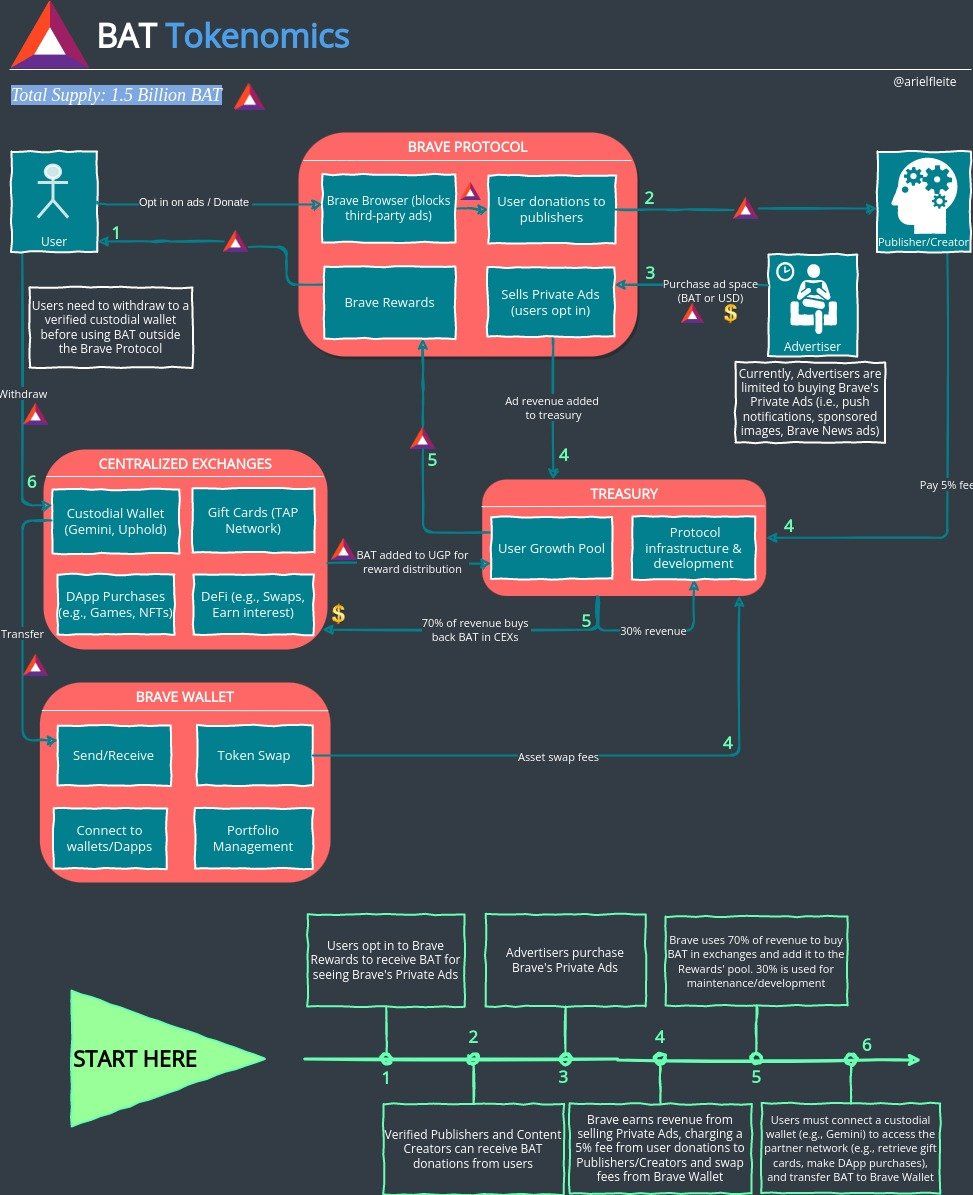
📬 Stay up to date with Web3
Every Friday we send a weekly recap about the Web3 ecosystem and how crypto markets, and markets in general, are moving. Share and subscribe!
Understanding more about BAT
BAT is the native and utility token of Brave and is awarded when the user's attention is active on the Brave browser tab.
BAT is an Ethereum-based ERC-20 token that looks to connect users, publishers, and advertisers.
The total token supply is limited to 1.5 billion BAT. Once the total BAT User Growth Pool is depleted, no more BAT tokens will be created — neither through staking (Proof of Stake) nor mining (Proof of Work).
Every BAT is deployed through smart contracts directly by the advertiser. These smart contracts give the publishers Basic Attention Tokens measured according to users' attention. The BAT is then divided between the publishers and users that watched the ads.
Users get the BAT in the Brave Rewards Wallet and then can decide if they want to use them within the ecosystem, donate them to their favorite content creators or move them to another wallet to exchange them.
Some popular platforms that accept BAT tips are:
- YouTube
- GitHub
- Twitch
An explosive ICO
The ICO (Initial Coin Offering) began on May 31, 2017. A total of 1 billion BAT tokens were offered for sale. The time it took to sell them all? Only 30 seconds.
The explosive interest in the tokens made clear that there's a vital interest among investors and crypto enthusiasts to find a decentralized alternative to a business like Google.
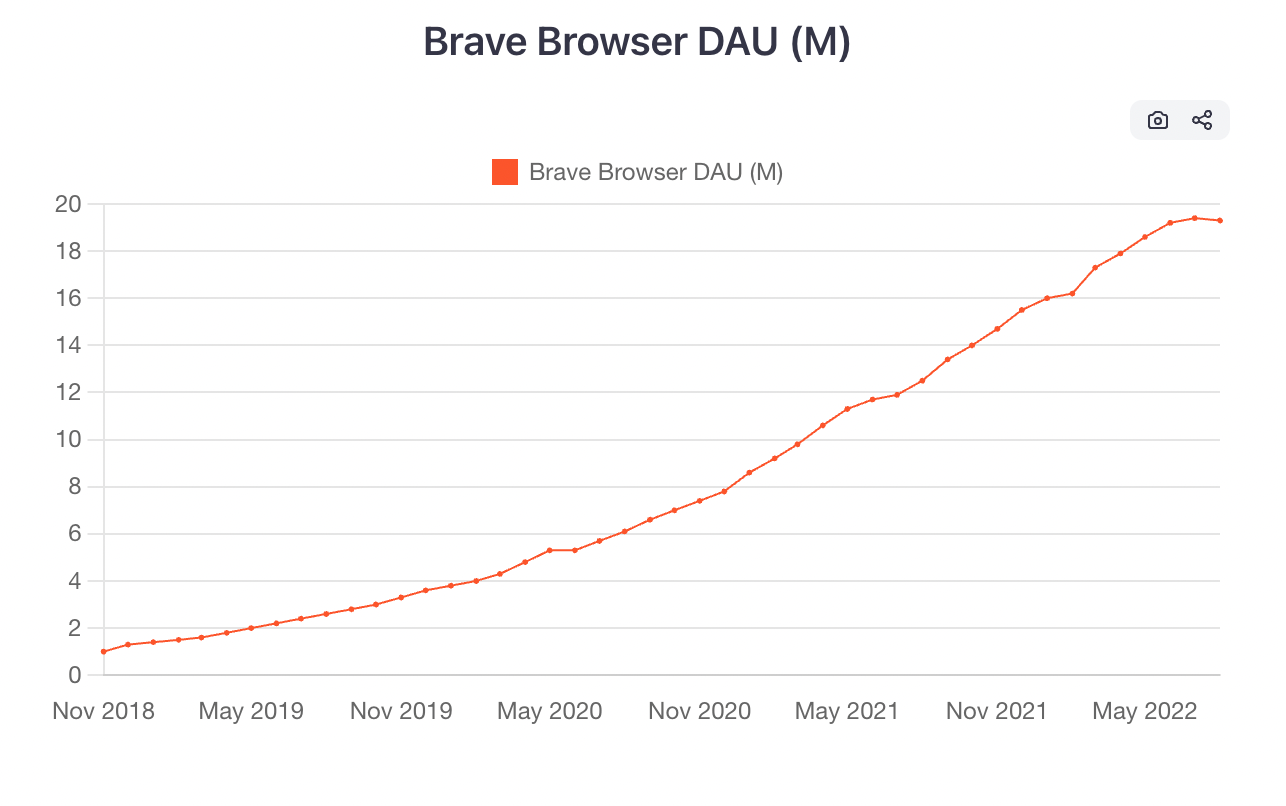
And while Google remains the total authority in the matter, Brave continues to grow month over month going from 3 million daily active users (DAU) to close to 19 million DAU and adding almost 1 million daily active users each month, an incredible growth rate.
Their active ad campaigns have also grown exponentially, with advertisers like Verizon and eToro creating ad campaigns on the platform. Advertisers have to purchase BAT to run campaigns, which in turn moves the token's price forward.
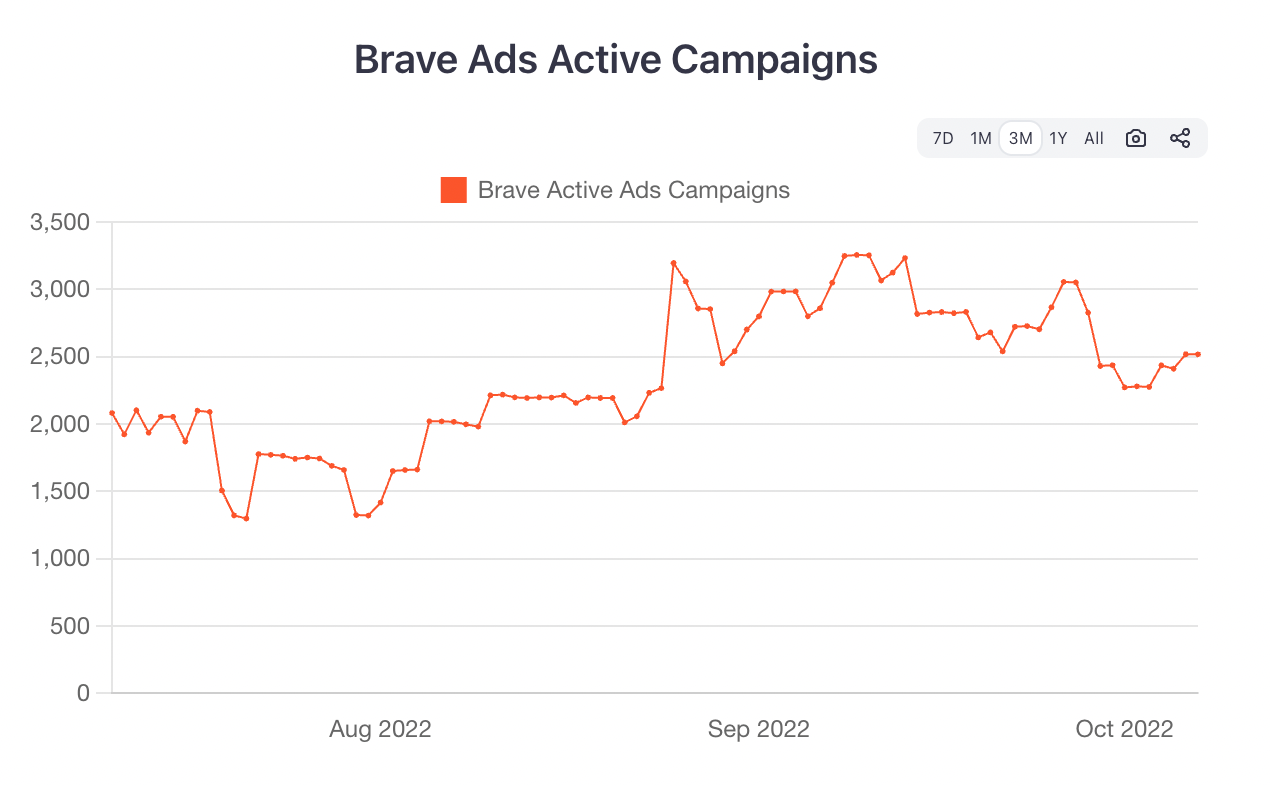
It's interesting to see how different areas of the internet experience are slowly migrating to a Web3 approach.
Also, check out:

